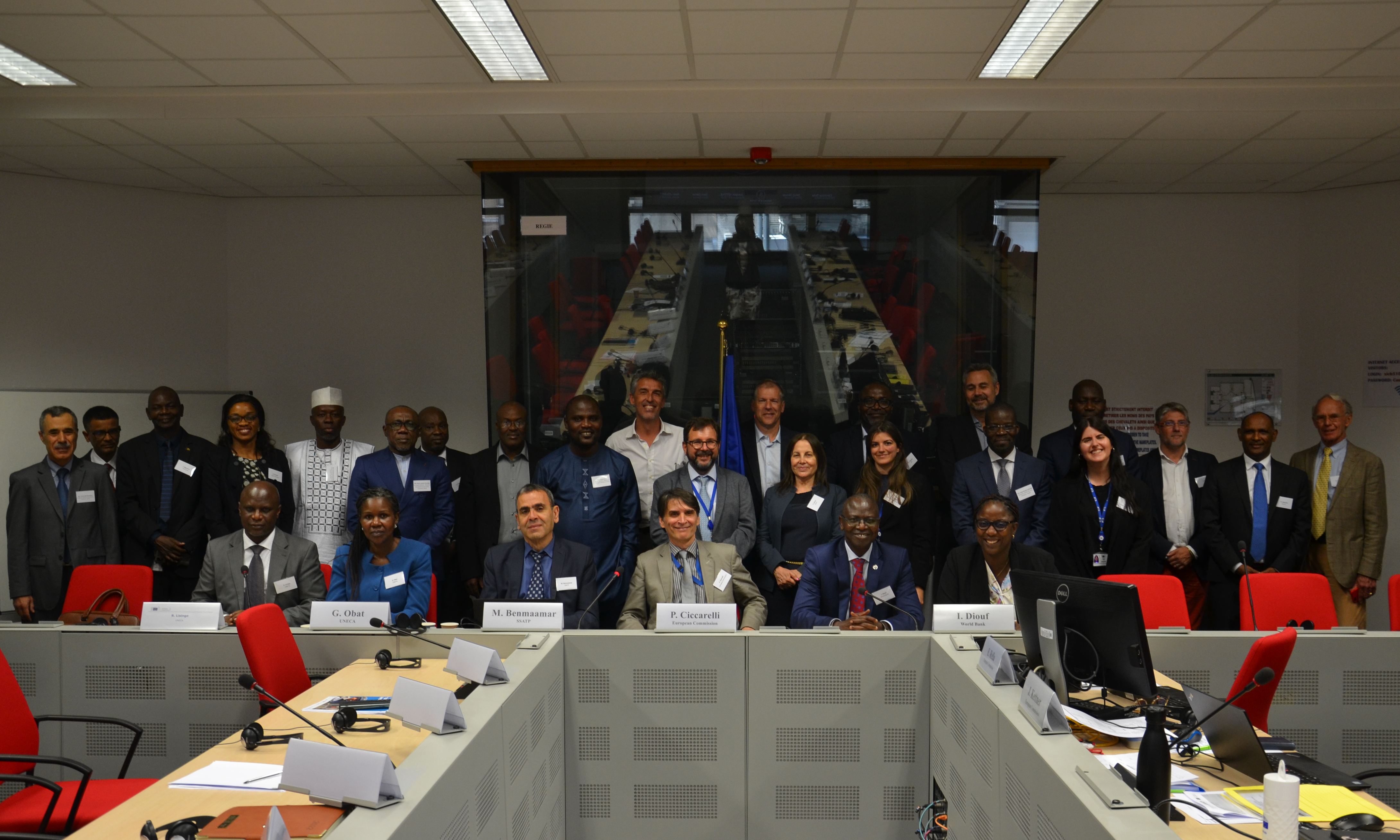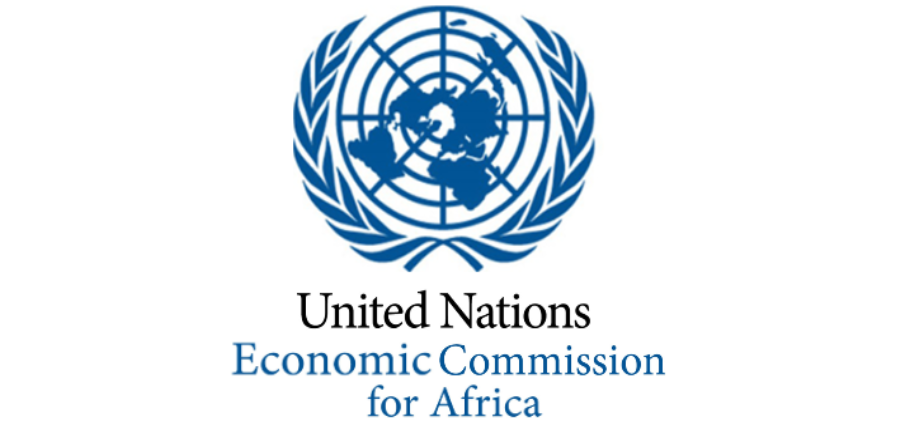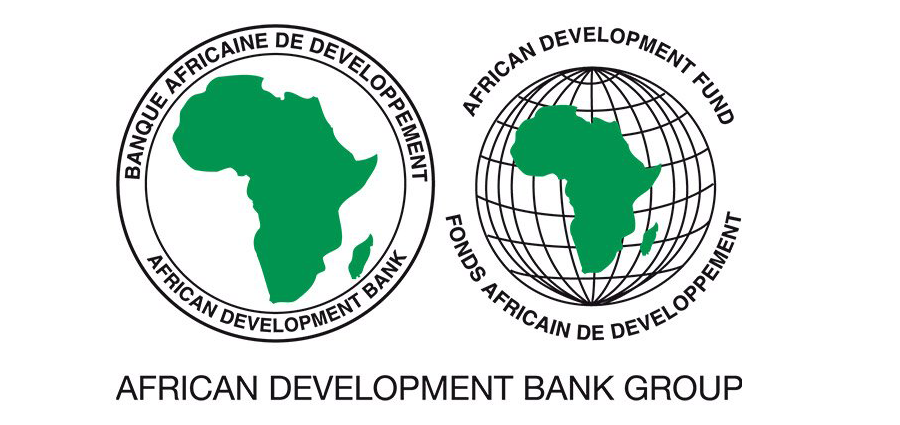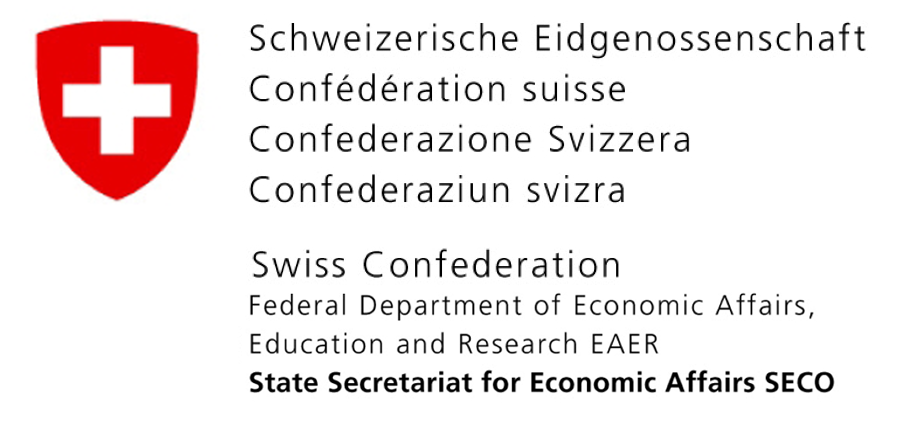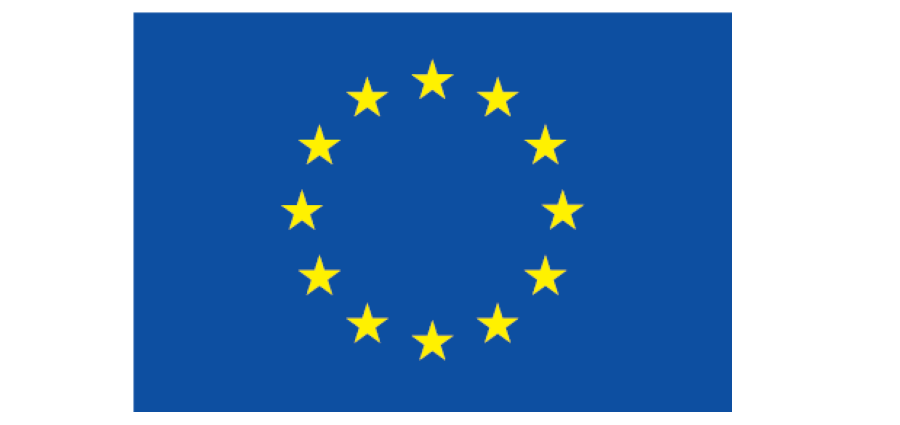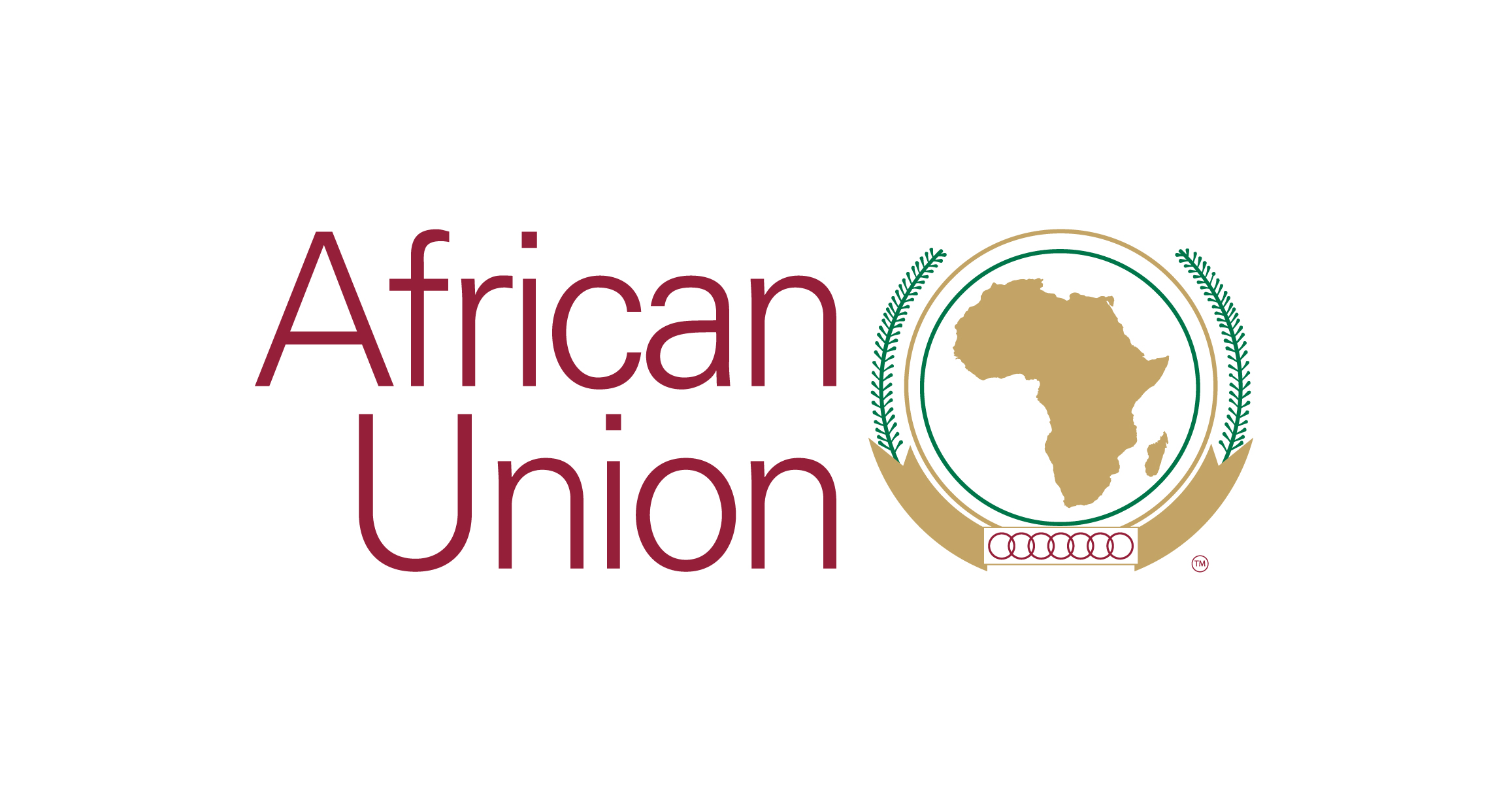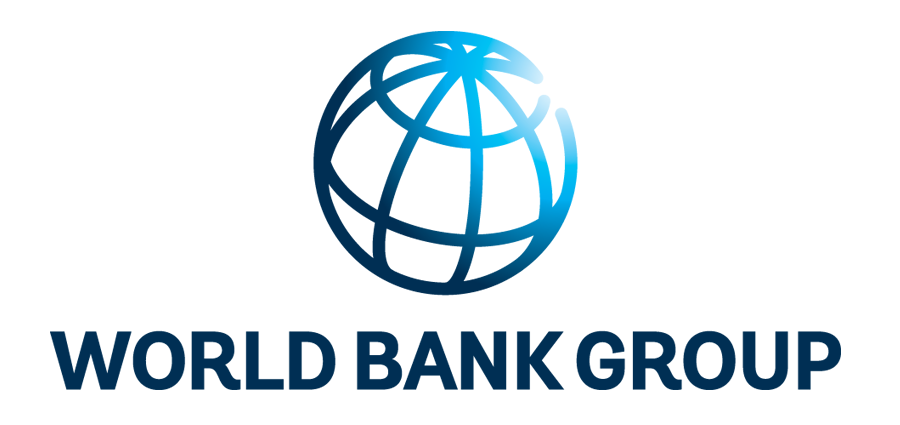SSATP Launches its Fourth Development Plan in Brussels
The Africa Transport Policy Program (SSATP) launched its next five-year strategy cycle, the Fourth Development Plan (DP4), at the DP4 Stakeholders Engagement Meetings hosted by the European Commission in Brussels on June 16-17, 2022. The SSATP-DP4 launch was well attended by approximately 50 participants consisting of key development partners, continental institutions, permanent secretaries (or their equivalent) of SSATP member countries, and representatives of the EU delegations in Africa.
To kick start the event, Paolo Ciccarelli, Head of the European Commission’s Sustainable Transport and Urban Development Unit at DG INTPA F4 gave opening remarks followed by Grace Obat, the Director of the Private Sector Development and Finance Division at the United Nations Economic Commission for Africa (UNECA) and Ibou Diouf, the World Bank’s Transport Practice Manager for Central and West Africa.
Seven substantive sessions were held over the two-day event which sought to engage with key partners and secure their buy-in and ownership of the DP4’s strategic direction going forward. The sessions included:
- Session 1. SSATP's Third Development Plan (DP3) main achievements
- Session 2. Overview of the DP4
- Session 3. Introduction of the DP4 Operational Framework
- Session 4. Formation of the Development Partners Coordination Group (DPCG), followed by a closed meeting with new, potential development partners
- Session 5. Formation of the Permanent Secretaries and RECs Working Group
- Session 6. Preparation of the DP4 First-year work program
- Session 7. DP4 Pillar 4 - Resilient Road Asset Management (RRAM) concept note review
The SSATP DP4 launch also offered the opportunity to convene the SSATP-Executive Committee (SSATP-EC). The SSATP-EC meeting was chaired by Eric Ntagengerwa, Senior Policy Officer from the African Union Commission’s (AUC) Air Transport, Infrastructure, and Energy Department, who acted on behalf of the Chair of the SSATP-EC, Kamugisha Kazaura, the AUC’s Director of Infrastructure and Energy.
Main takeaways from the DP4 Launch Meetings
Session 1 – SSATP's Third Development Plan (DP3) Main Achievements. This session offered an overview of the main achievements captured in SSATP’s DP3 Completion Report. The main DP3 (2015-2021) achievements that were presented and discussed included: (i) the preparation of a Truck Monitoring System (TMS), an analytical tool to assess regional corridor performance, (ii) support for the creation of urban transport authorities and various studies to improve the efficiency of public transport through fare collection systems and the viability of Bus Rapid Transit (BRT) projects, and (iii) support to the Africa Road Safety Observatory (ARSO).
During the DP3, four, five-day training programs on road safety leadership and four sessions of the Leaders in Urban Transport Planning (LUTP) program were held in the African region for the first time ever. Furthermore, SSATP made significant efforts to improve its communication and dissemination strategy, which included launching a revamped SSATP website in English and French. This led to a 250% increase in the total number of new users coming from Africa. Users from the continent are also spending more time on the website.
Despite the challenges posed by the COVID-19 pandemic, SSATP turned the crisis into an opportunity by organizing numerous webinars to disseminate knowledge in collaboration with relevant partners (i.e., UITP, ENPC, TRB, GRSF). Each webinar attracted on average 100 participants. Link to the presentation
Session 2 – Overview of the Fourth Development Plan (DP4). To set the scene, the presentation first provided a rationale for the relevance of pursuing policy support programs (such as SSATP) in Africa based on the findings of a World Bank flagship study on infrastructure development linkages, which also provides a good narrative for decarbonizing and digitalizing the transport sector in Africa. This was followed by an overview of the SSATP DP4 strategic directions and priority areas. The development objective of the DP4 is to facilitate the decarbonization of the transport sector in Africa by focusing on three priority thematic areas: (i) regional connectivity and economic integration (RCEI), (ii) sustainable urban mobility and accessibility (SUMA), and (iii) road safety (RS). A fourth DP4 priority area on Resilient Road Asset Management (RRAM) was also discussed in a dedicated session constituting a concept note review meeting. Link to the presentation
Session 3 – Introduction of the DP4 Operational Framework. The guiding principles of the SSATP operational framework (ownership, inclusiveness, accountability, transparency, and objectivity) were presented as a basis for developing the SSATP organizational structure. Improvements were made to the DP4 operational framework based on the recommendations stemming from the DP3 Mid-Term Review. The DP4 operational framework puts more emphasis on enhancing program ownership by establishing two main coordination groups, the Development Partners Coordination Group and the Permanent Secretaries and Regional Economic Communities (RECs) working group. The Terms of Reference (TORs) of these two groups were discussed during sessions 4 and 5, respectively. Link to the presentation
Session 4 – Formation of the Development Partners Coordination Group (DPCG). The objective of the DPCG is to support the identification of relevant SSATP activities that will, in a structural manner, inform the development partners’ operations and make SSATP knowledge products and advisory work accessible. The DPCG will enhance coordination for key advocacy initiatives, facilitate the dissemination and uptake of SSATP knowledge products, and improve harmonization among transport initiatives in Africa. A draft TOR for the DPCG was discussed, including the group’s composition, tasks and responsibilities, and working arrangements. It was agreed that the draft TOR would be finalized based on any additional comments or suggestions that the SSATP Program Management team will receive from development partners who participated in the session. Link to the TOR
Session 5 – Formation of the Permanent Secretaries and RECs Working Group. The main objective of the PSs and RECs Working Group is to strengthen coordination among SSATP’s main beneficiaries and stakeholders, such as the AUC, UNECA, RECs (or relevant institutions), and national governments. This high-level working group consisting of Permanent Secretaries (or their equivalent), and the Transport Directors of RECs will be established to ensure ownership of SSATP knowledge products. It will also be tasked with increasing coordination and collaboration among countries and regional and continental institutions. This session was open to Permanent Secretaries and RECs only during which a draft TOR was discussed and finalized. A draft final version was circulated to participants for any further comments and suggestions. Link to the TOR
Session 6 – Preparation of the DP4 First-year work program. The DP4 first-year work program was presented for the three SSATP pillars: (i) regional connectivity and economic integration, (ii) sustainable urban mobility and accessibility, and (iii) road safety. With the aim of improving regional corridor performance, a study will be conducted to identify policy impediments to mainstreaming port and maritime digitalization in Africa and the Truck Monitoring System (TMS) will be extended to West and Central Africa. To improve the efficiency of informal public transport, studies will be carried out on: (i) the experiences and lessons learned from reforming the informal sector in eight countries, (ii) bus fleet renewal using PPP schemes, and (iii) the performance of the urban transport authorities. To strengthen the capacity of urban transport practitioners, the Leaders in Urban Transport Planning (LUTP) training program will be developed in Portuguese and deployed in Lusophone countries. The first-year work program will also include the preparation of training programs in road safety and regional integration, and continued support for the operationalization of ARSO. Link to the presentation
Suggestions were made to align the first-year activities with global and continental strategies and develop an urban mobility policy matrix to monitor reforms across countries. It was also suggested that SSATP develop a baseline to monitor progress towards achieving road safety SDGs at the country level under the ARSO support program. The timeline of the first-year work program will follow the World Bank’s fiscal year calendar starting July 1, 2022 to June 30, 2023.
Session 7 – DP4 Pillar 4: Resilient Road Asset Management (RRAM) Concept Note Review Meeting. The negative impacts of climate change are evident in all sectors of the African economy including roads. Many studies have shown that sustainable road maintenance interventions are critical to mitigating climate change impacts. However, in many African countries road sector public expenditure has been low and declining over time and some of the road sector reforms that put emphasis on sustainable road maintenance policies, gained during the 1990s are losing momentum in many African countries. For this reason, key stakeholders, most notably the European Commission, expressed an interest in SSATP reengagement in strengthening road management institutions as a strategic priority thematic area under the DP4 (2021-2026). A concept review meeting on Resilient Road Asset Management (RAAM) was held accordingly.
Peer-reviewers suggested many ways to improve the concept note, which included: (i) clarifying the need to address climate change impacts at both the road engineering design stage and during road maintenance planning and execution; (ii) developing advocacy tools at the AUC and continental levels; (iii) undertaking a stock-taking exercise to assess the impact of SSATP support in this thematic area during its Second Development Plan; (iv) strengthening the rationale and linkage between Pillar 4 (RRAM) and the two other pillars related to support to road sector institutions and capacity building. It was also suggested to extend the scope of work to support the development of rural transport policies and the road sector contracting industry.
This pillar will be financed and administered by the European Commission using a service agreement contract, and the SSATP Program Management Team will provide technical oversight. As this parallel co-financing arrangement will only be finalized by the third quarter of 2023, indicatively, it was suggested that the SSATP team hold additional meetings to improve and clarify the scope of work of Pillar 4 and discuss its implementation arrangements. Link to the Concept Note
Conclusion and next steps
The two-day DP4 launch event concluded with a closed-door meeting of the newly reconstituted SSATP Executive Committee (SSATP-EC) chaired by the AUC. Representatives from AFD, AfDB, the World Bank, UNECA, and the SSATP Program Management Team participated in the meeting. Opening remarks were made by Eric Ntagengerwa who expressed his regrets that the AUC could not participate in the Brussels meeting. The appointment of the new Director of Infrastructure and Energy at AUC was only finalized recently, and the meeting coincided with the Extraordinary Session of the African Union Specialized Technical Committee on Transport, Intercontinental and Interregional Infrastructure, and Energy (STC-TTIIE) which took place on June 14-16, 2022. He informed SSATP-EC members that the STC-TTIIE meeting adopted a strategy report to decarbonize the transport sector with a focus on improving public and non-motorized transport.
A tour de table to reflect on the discussions held during the SSATP-DP4 Launch gave the opportunity for each SSATP-EC member to express their satisfaction with the meeting outcomes and appreciated the active participation of the donors and country members. Suggestions were made to (i) enhance AUC ownership of the SSATP-DP4, (ii) finalize and effectively implement the SSATP-DP4 governance structure to improve ownership and coordination, (iii) support the RRAM thematic area and actively pursue additional funding requests for this important pillar, and (iv) enhance the dissemination of DP3 achievements.
The SSATP-EC endorsed the launch of SSATP-DP4 and its first-year work program starting July 2022. It was also agreed that SSATP would prepare the first DP4 progress report by the end of 2022 and organize an Annual General Assembly by the end of 2023.
Testimonies:
|
|
“Congratulations on a successful meeting and thank you for sharing the links and materials.” Dr. Magdalene Ajani Permanent Secretary. Federal Ministry of Transportation, Nigeria |
|
|
“It was a real pleasure hosting the SSATP team, the EC, and all the other participants. I agree that it was a quite successful launch and teamwork played an important role in it.” Paolo Ciccarelli Head of Unit, Sustainable Transport and Urban Development, DG INTPA F4, European Commission |
|
|
“I am very pleased that DP4 has taken off thanks to the donors’ renewed confidence. I would like to reassure all SSATP stakeholders that the World Bank remains committed to ensuring high-quality delivery and maintaining this Program as a flagship on Africa transport policy formulation.”
Ibou Diouf Transport Practice Manager, West & Central Africa, World Bank |
|
|
“I appreciated the quality of the debates, in particular the involvement and the level of preparation of the member countries. I find this format very useful to link ‘demand and supply.’” Silvio Giroud Program Manager, Infrastructure Financing, Economic Cooperation and Development, Swiss State Secretariat for Economic Affairs (SECO) |
|
|
“Many thanks and congratulations for the successful meeting. It was a pleasure for ECA to participate.”
Robert Lisinge Chief of Section, PSDFD- Energy Infrastructure & Services Section, United Nations Economic Commission for Africa (UNECA) |
